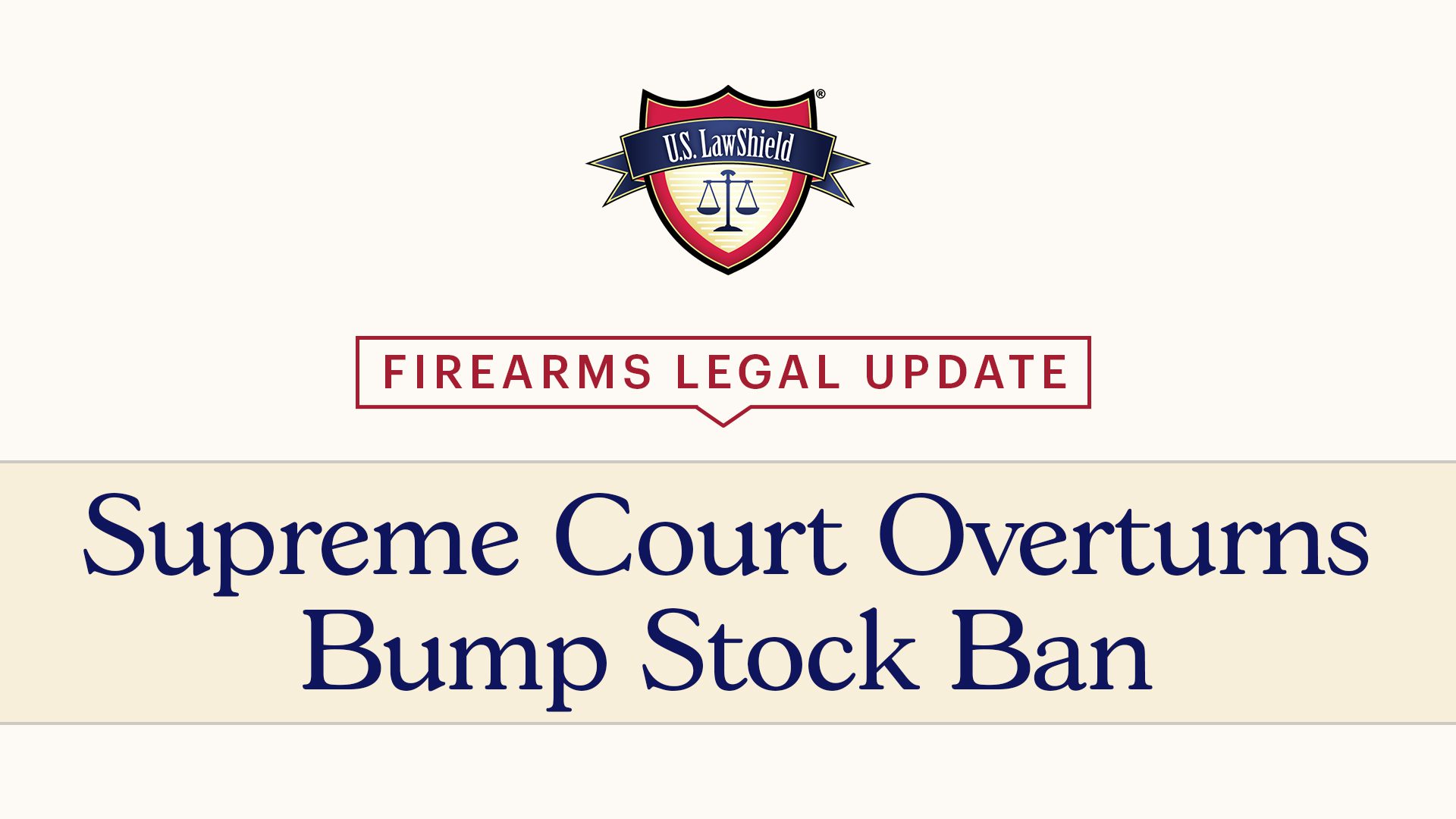Natural disasters, mandatory evacuations, and other states of emergency pose unique safety risks to affected families, and many states have special regulations and plans in place for emergency management during these disasters.
The last thing on your mind is the legality of carrying your handgun to a shelter or other evacuation zone. Let’s address that issue today, so that you are prepared to keep yourself and your family safe.
In Texas, these emergency situations are called states of disaster and are declared by the governor through executive order. These declarations are often issued as a result of (or in preparation for) a natural disaster, such as a hurricane, flood, fire, or tornado. But you may ask what the law is on transporting firearms during a state of disaster.
The Good News
There is good news: in 2019, Governor Greg Abbott signed House Bill 1177. This bill provides protection for people who carry their firearms during a state of disaster. It prevents a person from being charged with the crime of unlawfully carrying a handgun without a License to Carry (“LTC”) while evacuating from an affected area during a declared state or local disaster, or while returning home to that area.
What that means generally is that a person would be allowed to carry their handgun on or about their person when forced from their home after a declared state of emergency, even without a Texas LTC. This protection extends for one week after the disaster declaration, and the governor has the authority to extend the disaster period.
The law also provides that shelters which might otherwise be statutorily prohibited places, such as schools or courts, can decide whether evacuees with firearms will be allowed to stay at the shelter. This law came about in response to Hurricane Harvey in September 2017, and we hope this law does not have to be frequently used.
But if you have any questions about your gun rights during a state of disaster, call U.S. LawShield and ask to speak with your Independent Program Attorney.
ALERT: Make sure to check all state and local laws and reach out to your Independent Program Attorney as you prepare for emergency situations.
The preceding should not be construed as legal advice nor the creation of an attorney-client relationship. This is not an endorsement or solicitation for any service. Your situation may be different, so please contact your attorney regarding your specific circumstances. Because the laws, judges, juries, and prosecutors vary from location to location, similar or even identical facts and circumstances to those described in this presentation may result in significantly different legal outcomes. This presentation is by no means a guarantee or promise of any particular legal outcome, positive, negative, or otherwise.





Good information. Thank you for posting.
Thank You for providing this timely information during this confusing pandemic. We need to be reminded of
our legal rights and obligations while contending with uncertainty.